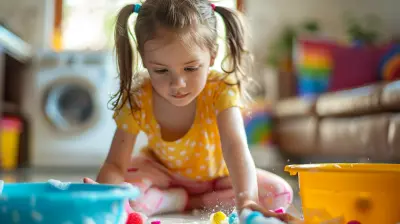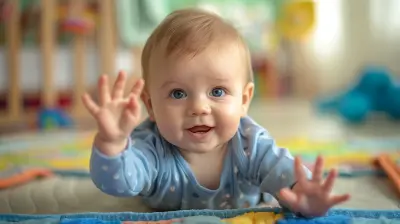Preparing Your Toddler for a New Sibling
13 July 2025
Bringing a new baby into the family is exciting — it’s a whirlwind of emotions, preparations, and dreams about what life will look like with another tiny human in the house. But if you’ve already got a toddler in tow, things can feel a little more complicated. You’re growing a baby while also caring for a small person who already thinks they’re the center of the universe (and rightfully so — they’ve held that title since birth!).
So how do you prepare your toddler for the arrival of their baby sibling without turning their world upside down? It’s totally doable, and with some thought, patience, and a bit of creativity, you can help your toddler feel included, secure, and even excited about the new family member.
Let’s dive into everything you need to know to make this transition as smooth (and even fun!) as possible.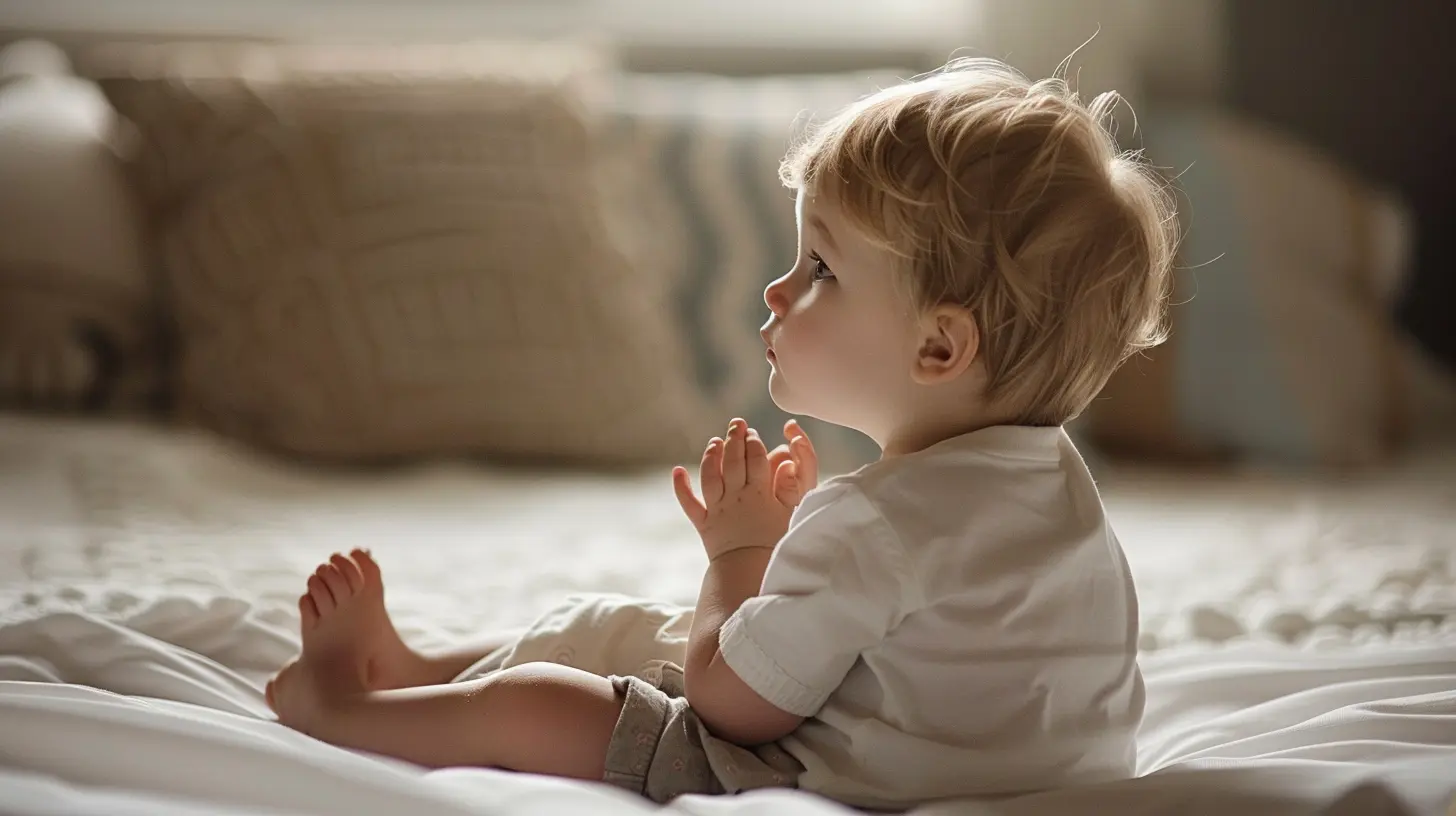
Why This Transition Feels So Big to Your Toddler
Before we get into tips and tricks, it helps to understand why this change feels so massive to your little one. Picture this:Your toddler has only known life with just you and maybe your partner. They're used to being the baby, having your full attention, and calling the shots (even if it's just picking bedtime stories). Now, you’re telling them someone else is coming… someone who cries a lot, gets all the cuddles, and doesn’t even know how to share toys?
From their point of view, it’s a little like someone new showing up and moving into their bedroom — and everyone’s acting like it’s the best thing ever.
No wonder some toddlers regress a little or feel unsure. The key is preparing them early and often.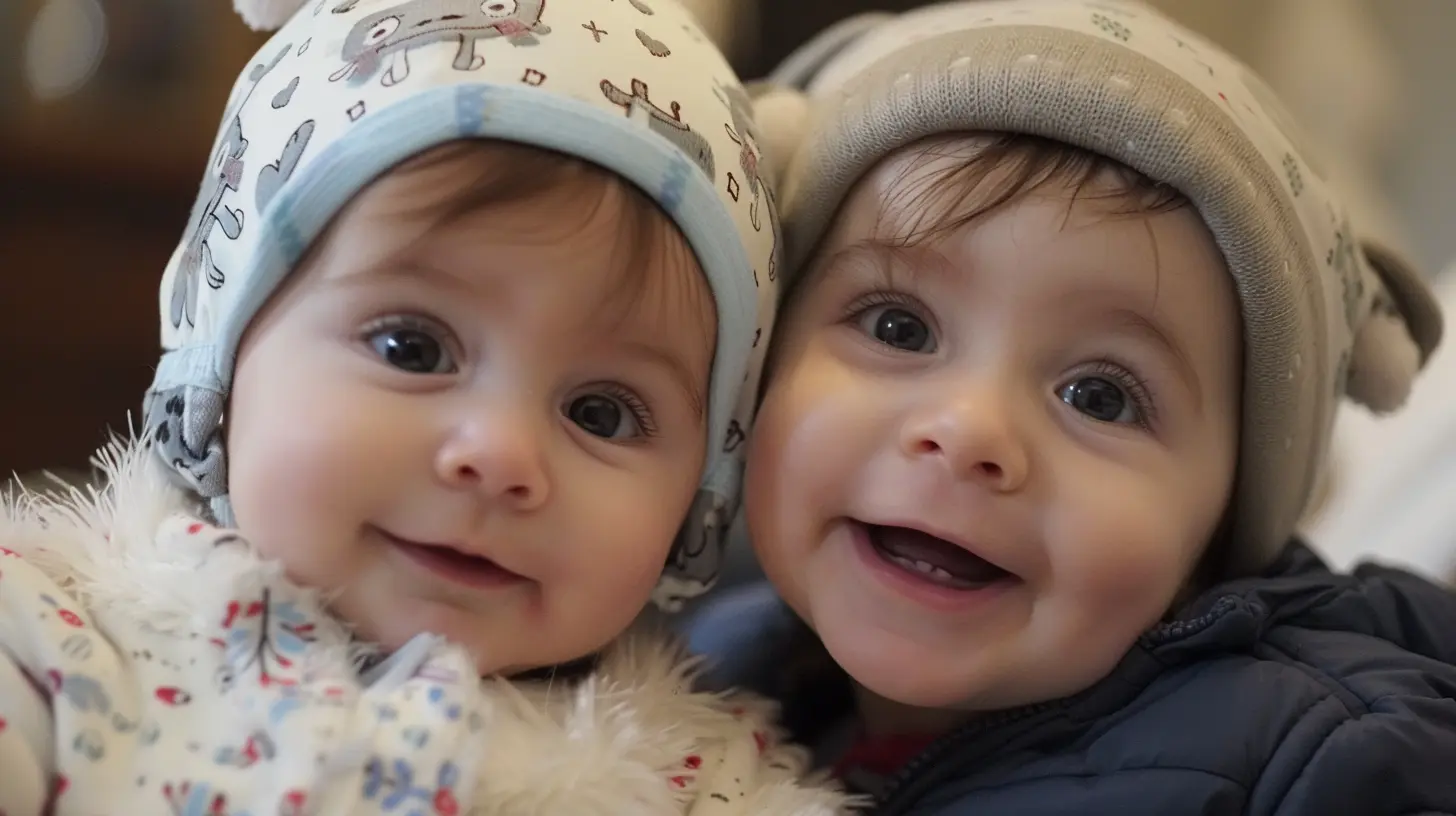
When to Start Talking About the New Baby
You don’t need to break the news the moment you see those two pink lines. But once your belly starts to really show or you’re going to doctor’s appointments more regularly, it’s a good time to gently introduce the idea.The earlier you start, the more time your toddler will have to process and accept the changes. Keep things age-appropriate. A 2-year-old doesn’t need to know the details about pregnancy — just that a baby is growing in your belly and will join the family soon.
Keep it light and positive. Maybe something like, “Guess what? There’s a baby growing in mommy’s belly. Soon you’ll get to be a big brother/sister!”
Tips to Prepare Your Toddler for a New Sibling
1. Read Books About New Siblings Together
Books are magical. They help toddlers see situations from someone else’s perspective — and that’s huge when talking about something as foreign as a new sibling.Here are a few popular titles that might help:
- I’m a Big Brother / I’m a Big Sister by Joanna Cole
- Waiting for Baby by Rachel Fuller
- The New Baby by Mercer Mayer
Read these together, talk about the pictures, and ask questions like “What do you think the big brother is feeling?” or “Do you think you’ll help with the baby like that?”
2. Involve Them in the Pregnancy
Let your toddler be a part of the pregnancy experience. If they’re interested (and not totally freaked out), let them feel the baby kick. Show them ultrasound photos and explain what part of the baby they’re looking at.You can also bring them to doctor’s appointments if permitted, or let them help choose items for the nursery. Ask them their opinion — even if you don’t go with it. (“Hmm, you think the baby should wear a dinosaur costume every day? You’ve got great ideas!”)
3. Talk About What Babies Are Really Like
Toddlers often assume a new sibling means a built-in playmate. While that’ll be true… eventually… the early days of screaming, sleeping, and diaper-changing can come as a shock.Prep them for the reality — gently.
“Babies cry when they’re hungry or tired. They can’t talk like you yet, and they need lots of help. But you’ll still get special time with Mommy and Daddy too.”
They don’t need a crash course in newborn care, but a little realistic expectation-setting can go a long way.
4. Practice with a Doll or Pretend Play
One super fun way to prep is by role-playing. Grab a doll or stuffed animal and pretend it's the baby. Let your toddler "feed" it, rock it, diaper it (okay, maybe just pretend). You can even model how you’ll have to care for the baby, then let your toddler "help" out.This helps them process what's coming and allows you to teach gentle touch, too. You’ll be amazed at how nurturing even the most rambunctious toddler can become when they feel responsible.
5. Keep Up Their Routine
Kids, especially toddlers, thrive on routine. When everything else feels like it’s changing, that familiar rhythm can make them feel safe and grounded.So, as baby day approaches, try to keep nap times, meals, and bedtime rituals consistent.
If any big changes (like switching from crib to bed or potty training) are coming, try to do those well before or after the baby’s arrival — not at the same time.
6. Give Them a Special Role
Toddlers love to feel important. So why not give them a title like “Baby’s Helper” or “Super Sibling”?Let them know all the things they’ll get to do:
- Hand you diapers
- Sing to the baby
- Help pick out baby clothes
- Show the baby “how to be big”
Beefing up their confidence also helps them focus less on what they’re “losing” and more on what they're gaining.
7. Set Realistic Expectations for Yourself
This one’s for you, fellow parent.No matter how many books you read or how many pretend baby games you play, your toddler may still feel jealous, act clingy, or throw the occasional tantrum once the baby arrives. That’s okay. They’re adjusting, just like you.
The goal isn't to eliminate all negative feelings (impossible), but to help your child feel seen, heard, and loved through the transition.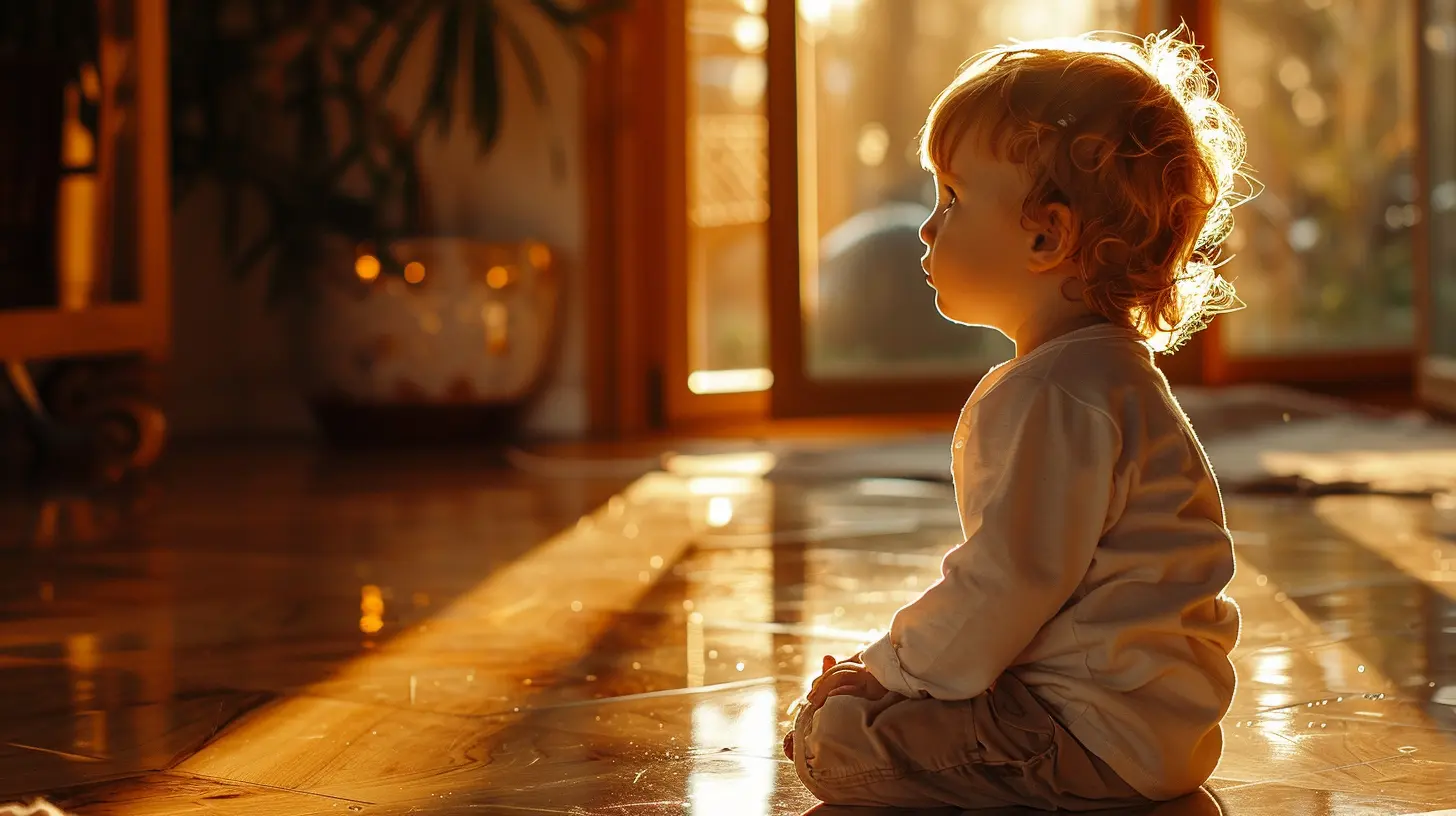
After Baby Arrives: Helping Your Toddler Adjust
There’s prepping beforehand — and then there’s living it.Once you bring baby home, the real juggling act begins. Here’s how to help your toddler feel secure amid the baby buzz.
1. Let Visitors Greet the Toddler First
Believe it or not, this small gesture makes a big difference. When guests come over to swoon over the new baby, encourage them to say hello to your toddler first. It tells your child, “You still matter, a lot.”2. Keep One-on-One Time Sacred
Even 10 minutes of undivided attention can fill your toddler’s love tank. It doesn’t have to be fancy — reading a book, going on a short walk, or playing with blocks shows them they’re still a priority.You might even call it “Mommy and Me Time” or “Dad’s Special Time” to make it feel official.
3. Accept Help (Seriously!)
This is no time to be a superhero. Let grandparents, friends, or neighbors pitch in so you can focus on bonding with both of your little ones.Or, if someone offers to take the baby for a short walk so you can cuddle your toddler? Say yes without guilt.
4. Watch Their Behavior, Not Just Their Words
Toddlers don’t always say what they’re feeling — but they show it. Regression is common: potty-trained kids may have accidents, sleep patterns can shift, clinginess can spike.Instead of frustration, try to see it as “I’m overwhelmed” in disguise. Responding with empathy (even when it’s hard!) builds emotional safety.
5. Celebrate Their "Big Kid" Moments
Every time your toddler helps you, waits patiently, or shows kindness to the baby — cheer them on! Not in a forced way, but with genuine appreciation.“You were such a kind big brother when you gave the baby her pacifier. She’s lucky to have you.”
That kind of positive reinforcement? Gold.
6. Create New Family Traditions
Having a new baby is the perfect excuse to hit the reset button. Start fresh traditions that include your toddler — like Saturday pajamas and pancakes, family storytime, or “sibling snuggle sessions.”The idea is to make your toddler feel like they’re not being shuffled out... but stepping into something even better.
Don’t Forget: The Adjustment Takes Time
Adding a sibling isn’t a one-week event — it’s a journey. Some toddlers adjust quickly, others take time. Things may feel chaotic, messy, or even tense some days.But here’s the beautiful part: with your love and guidance, your child is learning flexibility, empathy, and how to share your heart — which just got a little bigger.
Because love? It isn’t divided when you have another baby — it's multiplied.
Final Thoughts
Preparing your toddler for a new sibling is equal parts emotional support, practical planning, and loads of cuddles. It won’t always be smooth sailing, but with a little intention and a lot of love, you’ll help your toddler step into their new role with confidence, grace — and maybe even a bit of excitement.Remember, this is a big transition not just for them, but for you too. Be gentle with yourself, celebrate the small wins, and know that you’re doing a great job building the kind of family that grows in love every day.
all images in this post were generated using AI tools
Category:
Parenting ToddlersAuthor:

Austin Wilcox
Discussion
rate this article
2 comments
Quentin Snow
Preparing a toddler for a new sibling is crucial for fostering a positive family dynamic. Emphasizing empathy and inclusivity can help ease the transition. Engaging your toddler in the process, such as choosing baby names or setting up the nursery, can instill a sense of pride and anticipation, ensuring smoother adjustments.
December 12, 2025 at 4:38 PM

Austin Wilcox
Thank you for your insights! Involving toddlers in the process truly makes a difference in their adjustment and fosters a loving family environment.
Natalia Newton
Preparing your toddler for a new sibling is crucial. Involve them in the process, acknowledge their feelings, and create positive experiences. Clear communication fosters a smoother transition for everyone.
July 30, 2025 at 2:34 AM

Austin Wilcox
Thank you for highlighting these essential strategies! Involving toddlers and acknowledging their feelings truly makes a difference in easing the transition to having a new sibling.

